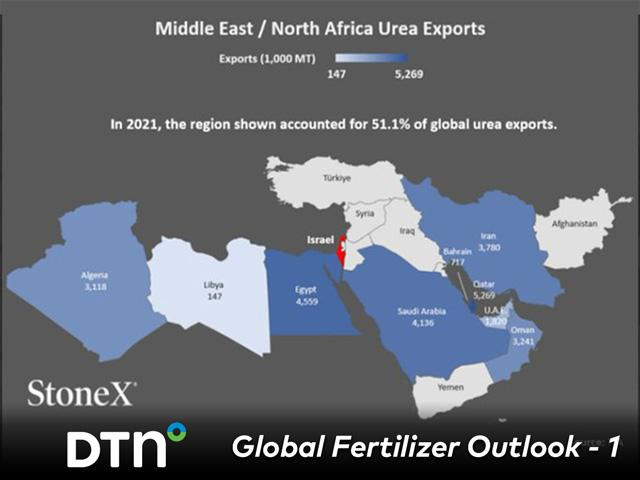Bread, Bombs, and Ammonia
How Missiles, Methane, and Miscalculation Threaten the Global Food Chain
“We don’t want the smoking gun to be a mushroom cloud.” Condoleezza Rice
In 2022, the world learned a painful lesson in agricultural geopolitics. The Russia-Ukraine war, originally thought to be a regional conflict, sent shockwaves through global fertilizer markets. Natural gas prices—key to ammonia and urea production—spiked. Russian exports slowed under sanction. Chinese exports were curtailed. In a matter of months, the price of urea doubled, global crop production suffered, and the FAO Food Price Index reached its highest level in history. What looked like a war in Europe quickly turned into a global food inflation event.
Looking at the situation today, and that historical echo has become a thunderclap. This time, the crisis was triggered not by Europe, but by the Middle East. And not by proxies, but by state actors.
On Friday, the United States launched a series of devastating strikes against Iranian nuclear facilities—a move it described as a necessary blow to stop Tehran’s nuclear ambitions. But as with all things in the region, the consequences were far broader—and far more combustible.
Crucially, Iran responded by shutting down seven urea and ammonia plants, fearing further strikes. The country’s natural gas infrastructure—essential to urea production—was damaged either by targeted attacks or collateral fallout. As of this writing, Iran’s fertilizer export machine, once responsible for 4.5 million tons annually, is at a standstill.
But that’s not all.
Earlier in the week, Israel launched its own strikes targeting Irian infrastructure and strategic points in Iran. In the process, the Leviathan natural gas field—Israel’s largest and a major source of exports to Egypt and Jordan—was forced offline as a precautionary measure.
The net result? A one-two punch to the global fertilizer supply chain: Iran’s urea production is halted, and Israel’s gas pipeline—which feeds Egyptian fertilizer plants—is disrupted. Egypt, dependent on those inputs, ceased operations as well.
Let’s be clear: this wasn’t just an act of war—it was a supply chain neutron bomb.
Keep reading with a 7-day free trial
Subscribe to The Monetary Skeptic to keep reading this post and get 7 days of free access to the full post archives.






